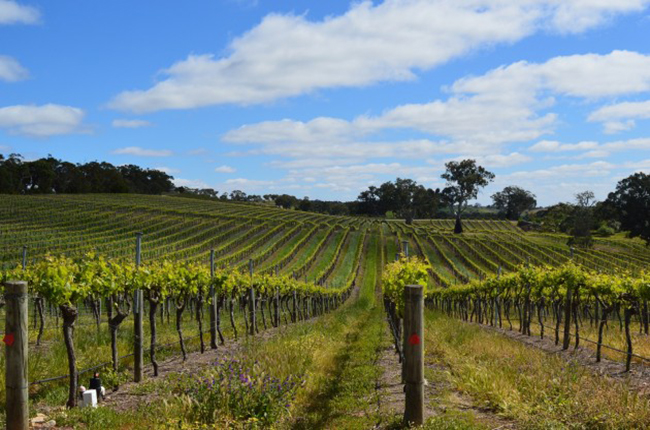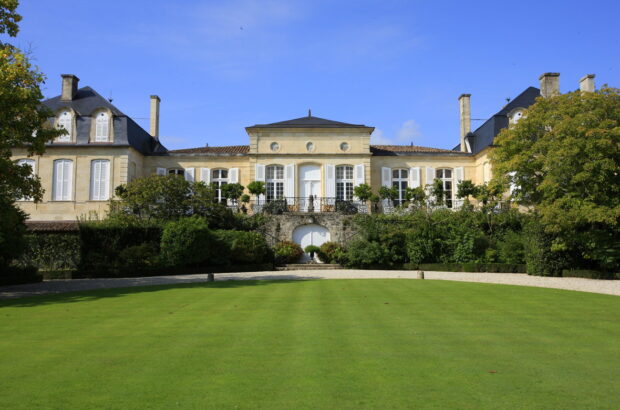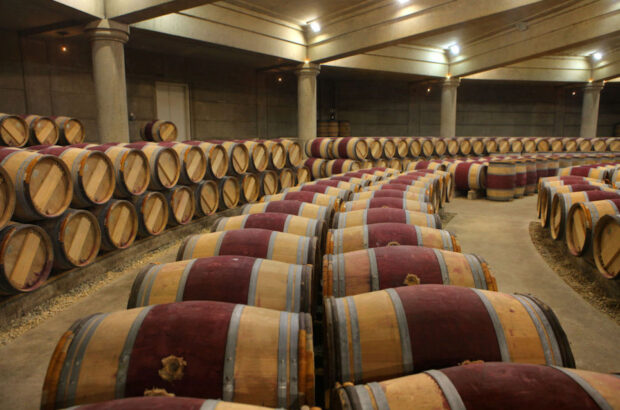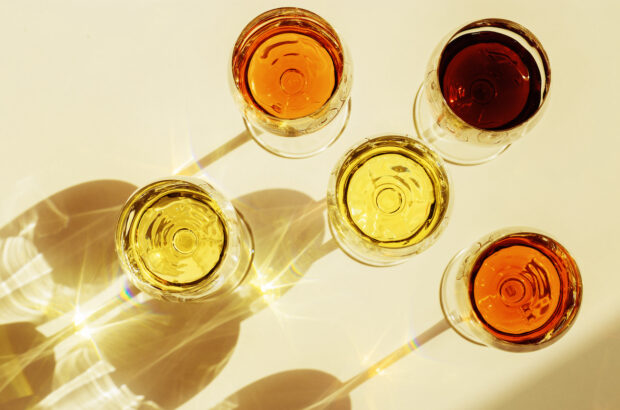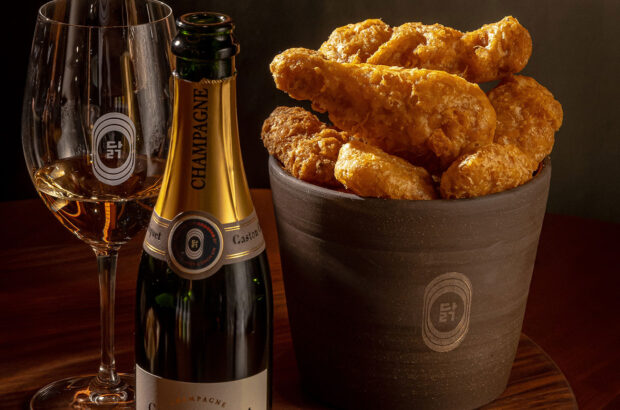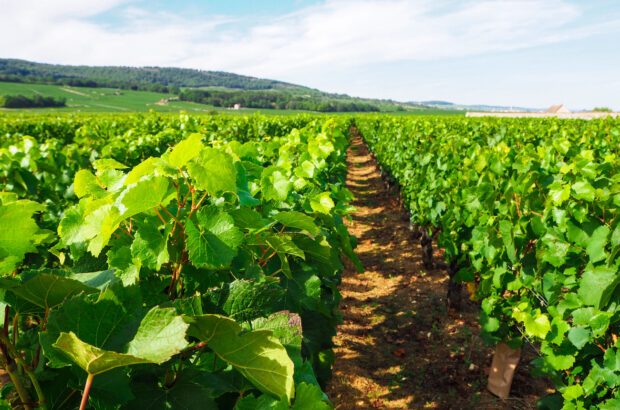drink soon
Drenching pre-harvest rains preceded an excellent vintage throughout most of Australia
Weather Conditions
Drenching pre-season rains heralded an excellent vintage throughout most of Australia. Although February was both warm and wet in the continents south-east, the season was relatively early, warm and dry. Fruit composition was first-rate, with excellent levels of sugar, flavour and natural acidity, resulting in reds of concentration and staying power.
Best Appellations
It was a year for the traditional warmer regions of South Australia, with top-notch dry and astringent reds coming from the Barossa Valley, Eden Valley and McLaren Vale, the best of which remain in excellent condition today. Although its output was tiny, the Margaret River enjoyed one of its best ever seasons, while central Victoria had an exceptional vintage.
Best Producers
The wines which performed best in 1976 still resemble a who’s who of Australian red, namely Henschkes Hill of Grace, Penfolds Grange Hermitage (mainly Barossa) and Hardys Eileen Hardy Shiraz. Chateau Tahbilk produced rich, ripe reds of considerable depth and weight, while the best Australian red of the vintage is quite possibly a tie between the exceptional Cabernet Sauvignon from Stuart Andersons small Bendigo property of Balgownie and Yeringbergs dry red blend of Bordeaux varieties.


